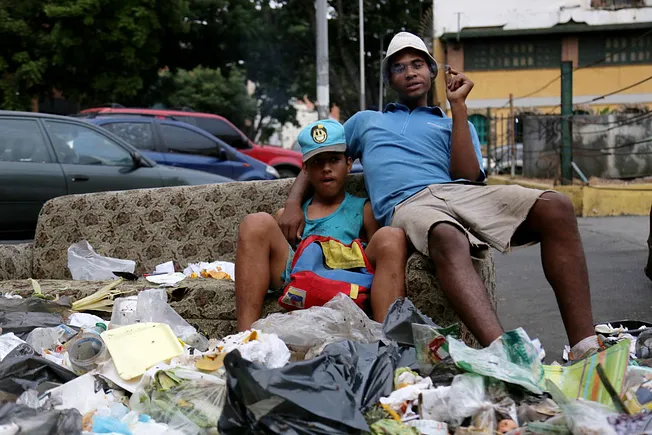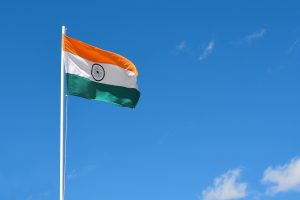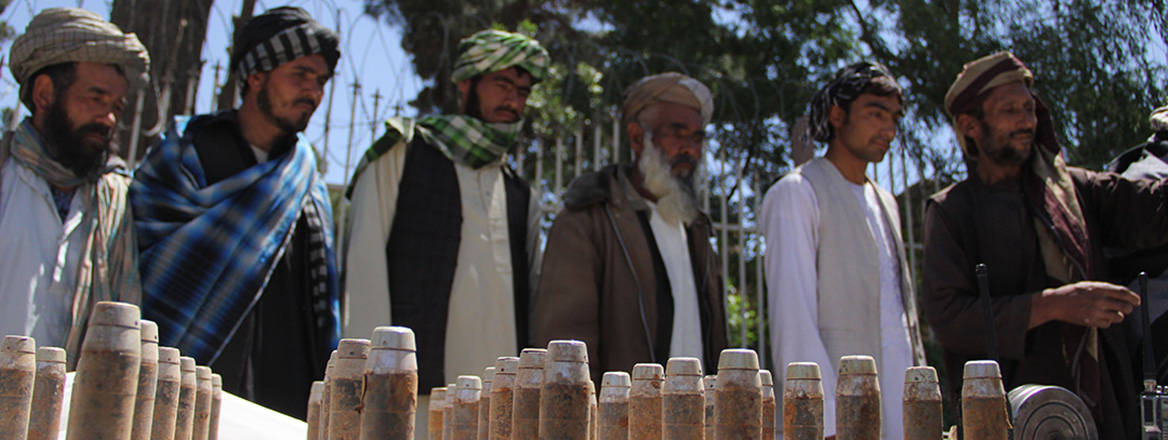Francis Foster

Twenty or so years ago, I was visiting Caracas, the capital of Venezuela—where my mother is from and my grandparents still live—and I met a girl at a party who I instantly connected with. Her name was Diana. We flirted for a bit, but my best friend also had a crush on her, so I backed off. Years later, I returned to Venezuela and wondered if she was still around, and still single.
“Oh, you didn’t hear?” my friend said. “She died.”
Just months before, he told me, she’d been in a car chase with a group of thugs, who were trying to rob and kidnap her. She lost control of her vehicle and it crashed, bursting into flames. No attempts were made to save her and she burned to death in the inferno.
Without skipping a beat, my friend ended his story by saying, “Anyway, man, you want a beer?”
This is the Venezuela I know.
It’s easy to look at the news today—with hundreds upon thousands of Venezuelan migrants flooding into the U.S. over the last few years—and think that something drastic and horrible must’ve happened in Venezuela recently. But the mass exodus is the result of decades of corruption and violence. And what’s truly remarkable isn’t how many people are leaving, but why so many are staying.























.jpg)
